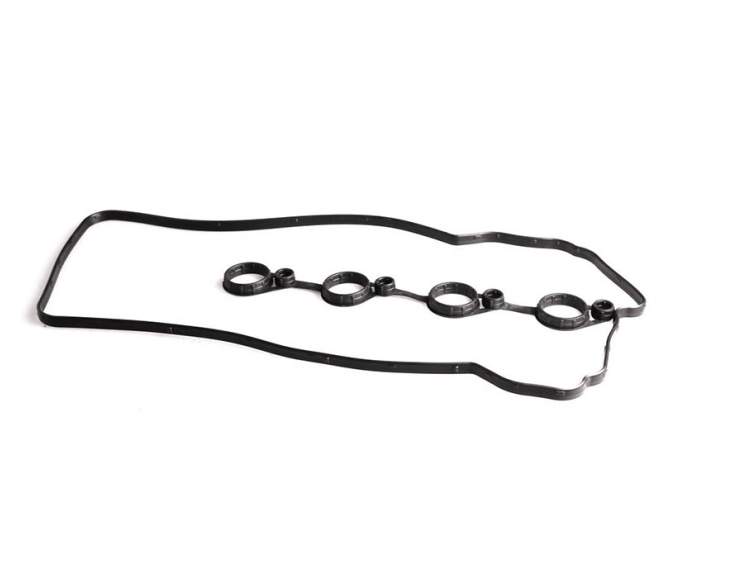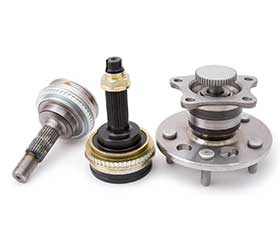...
2025-08-16 13:59
2467
...
2025-08-16 13:40
2653
...
2025-08-16 13:13
1538
...
2025-08-16 13:06
1711
...
2025-08-16 13:05
1427
...
2025-08-16 12:58
1930
...
2025-08-16 12:18
2546
...
2025-08-16 12:10
1016
...
2025-08-16 12:04
1123
...
2025-08-16 12:03
191



